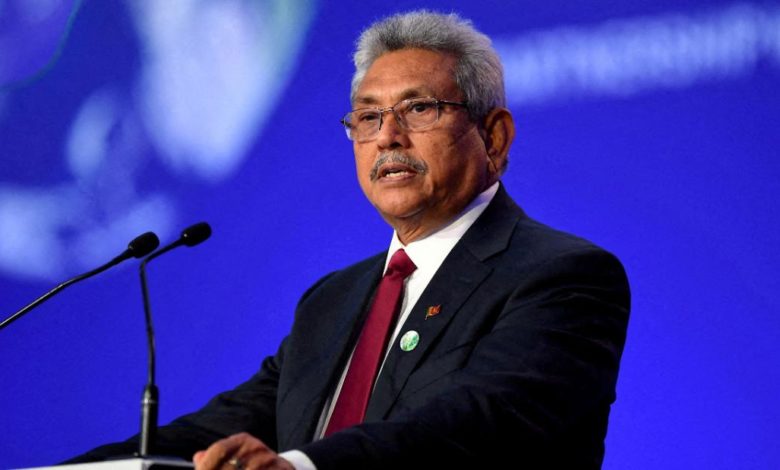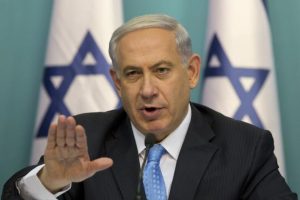He fled the country and went into hiding. Why has Sri Lanka’s deposed leader come back now?

Runaway former Multiple news organizations reported that Rajapaksa would subsequently travel to Saudi Arabia — but that visit never materialized.It’s unclear why, though some analysts pointed to a possible reason in a heavily criticized 2020 Rajapaksa policy that required Muslim Covid-19 victims to be cremated.The practice was “inconsistent with Islamic precepts,” according to a statement that December from the Organisation of Islamic Cooperation (OIC), of which Saudi Arabia is a member. The OIC expressed concern and called “for respect to the burial ritual in the Muslim faith.”Rajapaksa subsequently reversed the policy, but implemented another controversial rule requiring Muslim victims to be buried at a remote government site, without their families and without conducting final religious rites. From Singapore, Rajapaksa officially tendered his resignation as Sri Lanka’s leader. He then found himself on the receiving end of a potential criminal investigation in the city state for alleged human rights abuses while he was defense chief during Sri Lanka’s 26-year civil war — allegations he denies. On July 23, lawyers from the International Truth and Justice Project (ITJP) filed a criminal complaint with Singapore’s attorney general, requesting Rajapaksa’s immediate arrest. According to a 2011 United Nations report, Sri Lankan government troops were responsible for abuses including the intentional shelling of civilians, summary executions, rape, and blocking food and medicine from reaching affected communities. The UN report said “a number of credible sources have estimated there could have been as many as 40,000 civilian deaths.”A spokesperson for the Singapore attorney general’s office confirmed to CNN they received the ITJP’s complaint, but declined to comment further. ITJP executive director Yasmin Sooka Sooka said filing a claim in Singapore was “incredibly symbolic” as it “demonstrated that once Gotabaya lost his immunity of office, he is an equal before the law.” On August 11, Rajapaksa left Singapore for Thailand on a private jet. According to Sooka, from the ITJP, it is also “unlikely” that the former leader will be investigated over war crimes allegations. “The political class will protect him, and despite him fleeing, the structures and loyalties he relied upon are still intact,” she said, adding the protest movement is “broken, scared, and fragmented from within.” “There is always hope that an intrepid civil society group would petition the court to open a case against him and that the attorney general and police would support such an action,” she added. “Impunity should not be tolerated. Dealing with Gota will show the world and Sri Lanka that nobody is above the law.”CNN’s Kocha Olarn and Iqbal Athas contributed reporting.







